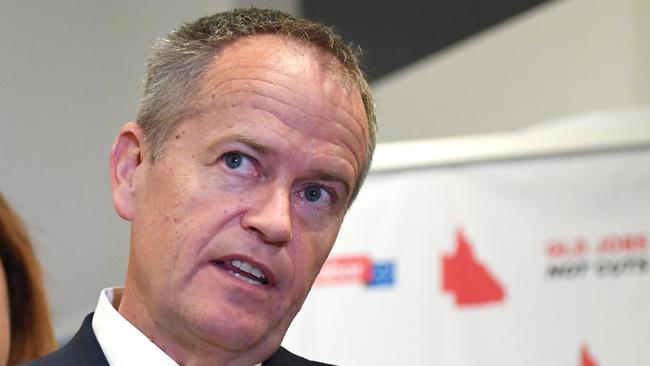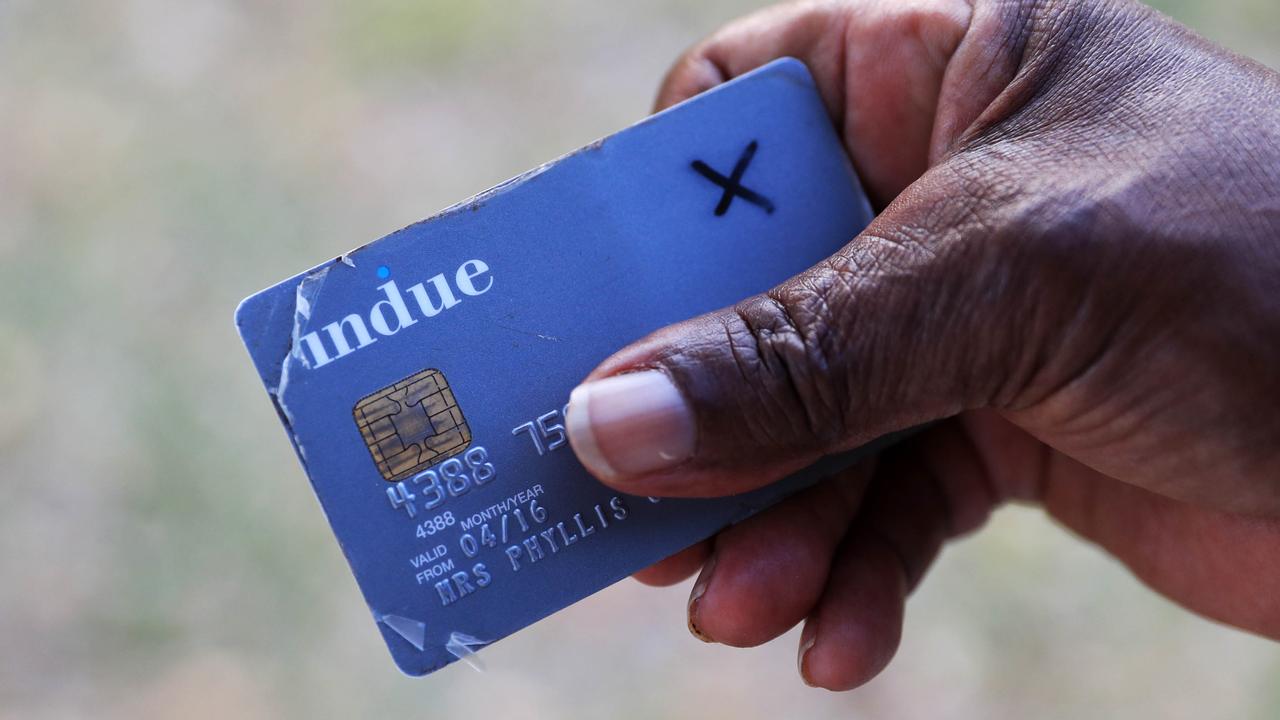Republicans welcome Labor commitment to Voice referendum
Australian republicans have welcomed Bill Shorten’s vow to fast-track a referendum for the indigenous ‘voice to parliament’.

The Australian Republic Movement has welcomed Bill Shorten’s vow to fast-track a referendum for the indigenous “voice to parliament” and put the concept to a constitutional vote in the first term of a Labor government and before a republican plebiscite.
The Opposition Leader yesterday said the referendum on the voice would be held before a $160 million republican plebiscite, which has been promised for the first term of a Shorten government. A successful republican plebiscite would pave the way for a later referendum on the issue.
Labor had previously vowed the voice referendum would be held before a republican referendum but did not put a timeline on it.
Mr Shorten’s firm commitment on a first-term voice referendum came after he faced pressure to junk the non-binding republican plebiscite, which prominent indigenous figures such as Marcia Langton and Megan Davis feared would come before the voice vote and deprive it of clear air.
The Greens and influential figures in the CFMEU were also demanding the referendum on the voice come before a republican plebiscite.
ARM director Michael Cooney said Mr Shorten’s decision to put a voice referendum before a republican plebiscite was “terrific”.
“He is sticking to his commitment on a republic and extending his commitment on indigenous recognition with a voice,” Mr Cooney said.
A spokesman for Indigenous Affairs Minister Nigel Scullion said Mr Shorten had been “pushed by the unions” to fast-track the referendum. He said the government was “carefully considering” a report on the implementation of the voice by a bipartisan joint select committee, which recommended more work and consultation was needed.
“Bill Shorten can’t even explain to the Australian people how a voice to parliament will work and what their role and powers will be so how can he expect the Australian people to vote for it,’’ the spokesman said.
“What Bill Shorten is promising is to kill the cause of reconciliation for another generation.”
Professor Davis, who was instrumental in designing the voice, and Professor Langton backed Mr Shorten’s pledge.
“I am encouraged by Mr Shorten’s announcement. An honourable Australia that gives a place — and a voice — to Aboriginal and Torres people in the nation’s affairs is our desire, and I believe the desire of a majority of Australians,” Professor Langton said.
“All Australians should have an accurate understanding of our constitutional history since 1901 when the Commonwealth of Australia was created by a Westminster statute but which absolutely excluded Aboriginal people. This is unfinished business for the nation.”
Professor Davis said Mr Shorten’s commitment showed “leadership”.
A constitutionally enshrined voice, recommended by the federal government’s Referendum Council in the Uluru Statement from the Heart in 2017, would act as an advisory body with elected indigenous Australians to give input on government policy.
It was rejected by former prime minister Malcolm Turnbull, who declared it had no chance of succeeding and would act as a “third chamber of parliament”.



To join the conversation, please log in. Don't have an account? Register
Join the conversation, you are commenting as Logout